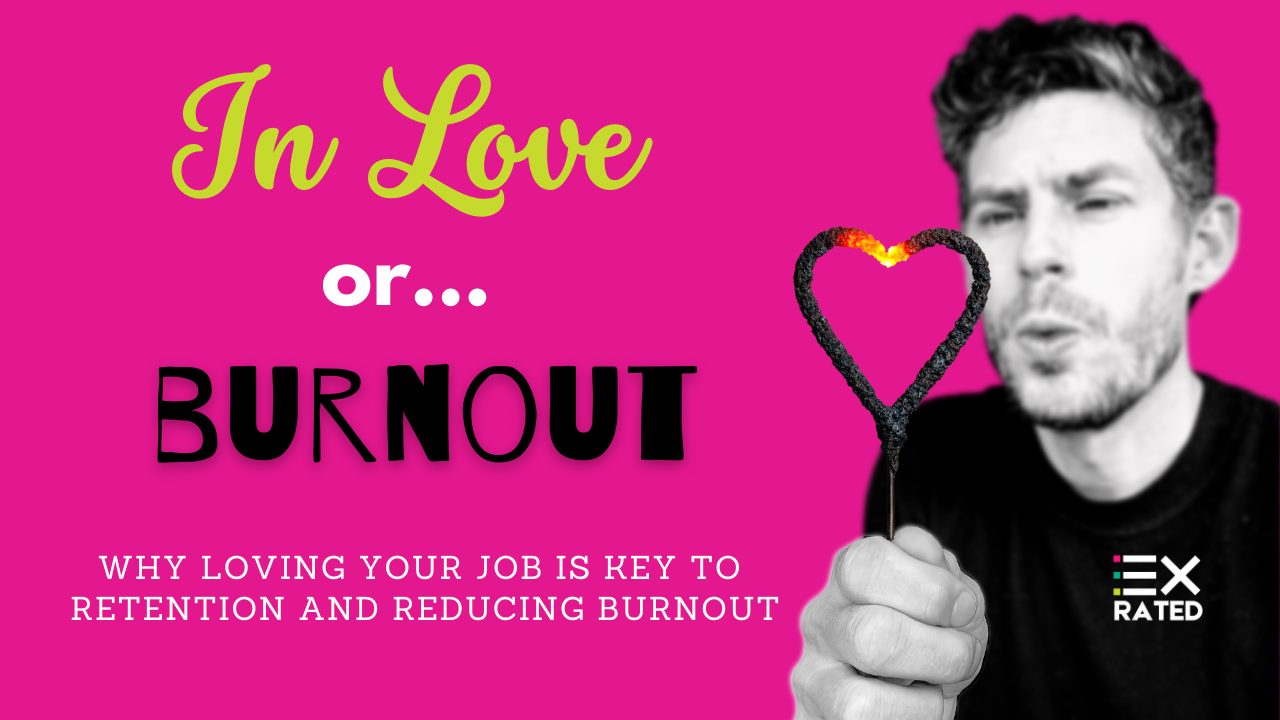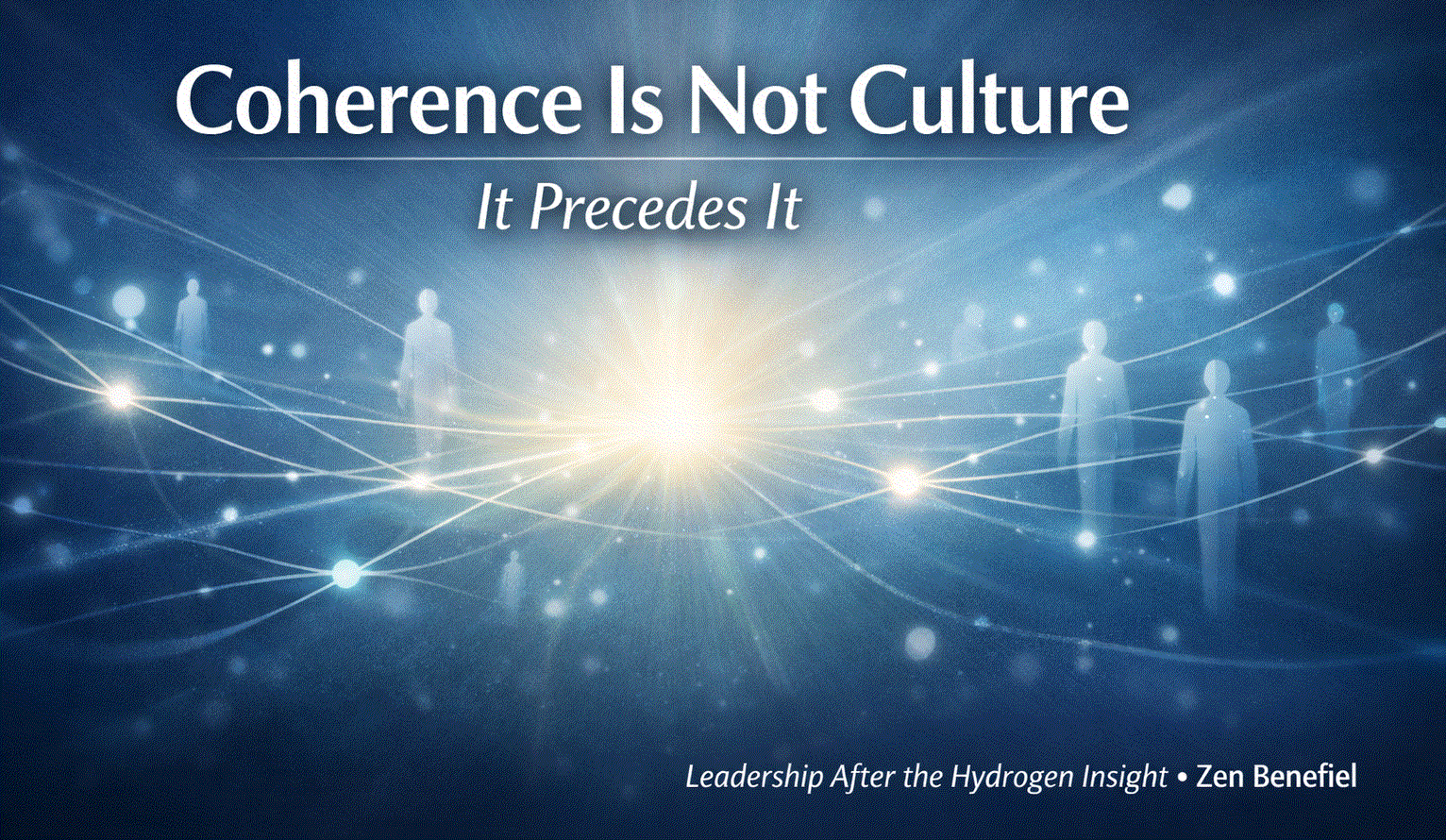Jun27

Those four little letters… you know the ones L.O.V.E. Sometimes they can be hard to say, even to your nearest and dearest, so you‘ll have to forgive the audacity when I say we need to love our jobs. However, it may be the antidote to soaring attrition in the workplace. A 2022 report conducted by Smaart Recruitment found that 45% of employees are considering leaving their jobs because they’re dissatisfied with - wait for it... the work they do. Yes, you read that right, their work!
Right now, I can hear all the collective sighs of relief from managers, who for decades have been blamed (and in many cases responsible) for being the top driver for people to leaving their jobs. But what was once a matter of ‘changing the manager’ or ‘changing the manager’ now is a seemingly much bigger challenge. Employees it seems, are leaving because of a lack of purpose and meaning. This requires organisational changes and a redesign of how roles are developed and sold to prospective employees.
You might be thinking, “I don’t love my job, but it pays the bills and has good benefits. Isn’t that good enough?” For seasons of your life, it may be—there are times when you might be in a pinch and need to take a job for pure financial reasons.
But if we’re talking about optimising employee engagement and reducing burnout, then yes, it does matter if you love your job.
Now I’m not talking about loving every single aspect of it. Even the best jobs (travel writer, food critic, or chocolate taste tester all come to mind…) have parts that you wouldn’t like. We have to accept that no job is perfect, but it is possible to find something that you genuinely enjoy, plays to your strengths, and provides purpose and meaning.
The less you like your job, the less likely you are to stay—that’s obvious. The question, then, becomes: how do you find or create a role to love? Both employees and employers have a part in it.
Each of us are responsible for finding or building a job we love. There’s a lot that a manager or employer can do to help build an excellent workplace—more on that later—but everyone is responsible for their own happiness and have the human agency when it comes to work.
Here are some things employees should do when trying to find or build a job they love:
While it’s up to each individual to choose and stay in a job they love, there’s also some responsibility on the employer. If they care about retention and hiring top talent, employee engagement must be top-of-mind!
However, you can’t make someone love a job or anything or anyone for that matter. Love cannot be pushed onto someone. Love works in the entirely opposite way. Love pulls people towards. So how do you create roles and environments that pull people towards you? Here’s some suggestions on what to focus on:
I’m passionate about all-things employee engagement, the future of work, and job design because I want more people to be able to say, “I love my job.” If we can focus not ONLY on each individuals’ skills but also their strengths, and passions, and then purposefully design roles to meet that, we will be well on our way to getting there.
When we prioritise employee engagement and the love of the work, retention will increase, and burnout will decrease. And I think that’s a good reason to keep talking about this.
Keywords: Culture, Customer Experience, Future of Work
 Coherence Is Not Culture — It Precedes It
Coherence Is Not Culture — It Precedes It Death of the Data Silo
Death of the Data Silo Capital Follows Electrons: How Electrification Is Driving Growth
Capital Follows Electrons: How Electrification Is Driving Growth Execution Is Cheap Now. Experience Is Everything. The BRAVE Upgrade for the Agentic AI Era
Execution Is Cheap Now. Experience Is Everything. The BRAVE Upgrade for the Agentic AI Era The 12 Best Countries for Retirees – Affordability & Taxation
The 12 Best Countries for Retirees – Affordability & Taxation